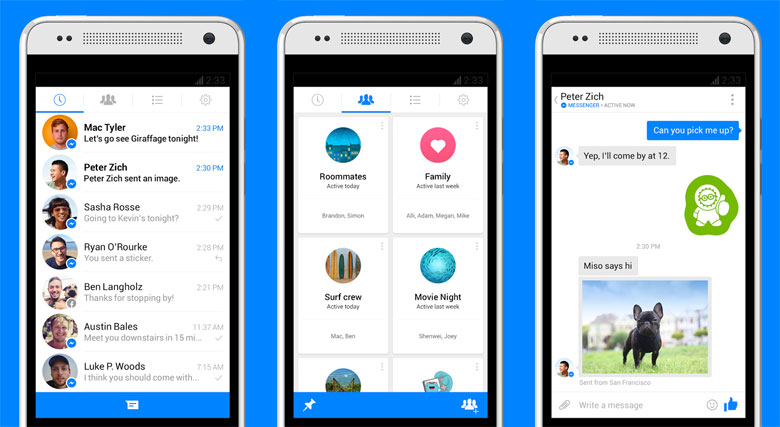Facebook is currently testing a new feature on their messaging app in France to introduce a self-destruct option within the Messenger app. This is not too difficult to operate, since one just has to click on a hourglass button at the top of the screen to activate it. The activation of this button will allow messages to be destroyed after one hour. In order to deactivate the feature, you’ll just have to click on the button again. In a public statement, Facebook said:
“We’re excited to announce the latest in an engaging line of optional product features geared towards making Messenger the best way to communicate with the people that matter most.
This is not the first time that Facebook has tried to introduce the idea of ephemeral messaging. It had previously introduced “Poke” in 2012 that was almost a copy of SnapChat, which had to be discontinued because it did not perform well. Eventually, they came out with another app called “Slingshot”, which was once again a take on SnapChat along with a couple of personalized features such as the fact that it required a photo in return before a message could be viewed.
Anyway, what’s done is done, let’s just hope this feature doesn’t tank too. And for all those wishing to erase a message already sent, or wishing you never sent them out and hoping it would get lost in the universe and never come up again – this could be your dream come true.


Leave a Reply